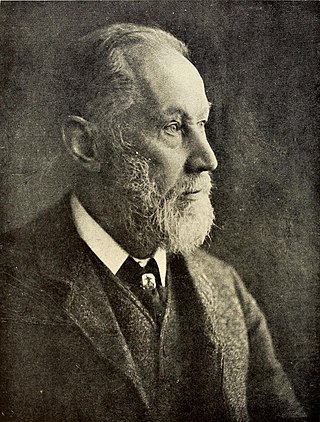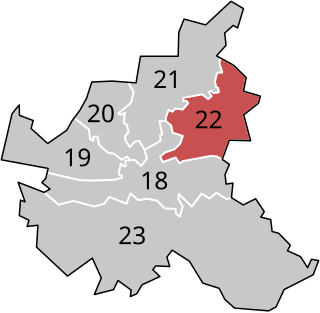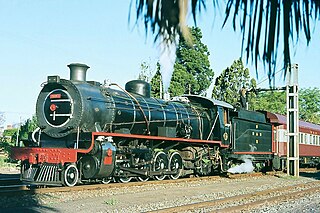
Branchiopoda is a class of crustaceans. It comprises fairy shrimp, clam shrimp, Diplostraca, Notostraca, the Devonian Lepidocaris and possibly the Cambrian Rehbachiella. They are mostly small, freshwater animals that feed on plankton and detritus.

Edwin van der Sar is a Dutch football executive and former professional player who played as a goalkeeper. He was most recently the chief executive of Ajax, with whom he began his senior playing career in the early 1990s; he is considered to be a member of the club's golden generation and was part of the Ajax team that won the UEFA Champions League in 1995. In 1999, he left Ajax for Juventus where he spent two years before moving to England, first to Fulham and then to Manchester United in 2005. There he won a second Champions League title in 2008, making him one of just eight players at the time to have won the competition with more than one club. He retired as a professional in 2011, but briefly came out of retirement in 2016 to play a match for Dutch amateur team VV Noordwijk, for whom he had previously played as a youth. He played 130 times for the Netherlands national team, and was the nation's most-capped player until 2017, when he was overtaken by Wesley Sneijder.
The Dunst Opening is a chess opening in which White opens with the move:

Prof Georg Ossian Sars HFRSE was a Norwegian marine and freshwater biologist.

The Sons of the American Revolution (SAR), formally the National Society of the Sons of the American Revolution (NSSAR), is a federally chartered patriotic organization. The National Society, a nonprofit corporation headquartered in Louisville, Kentucky, was formed in New York City on April 30, 1889. Its objectives are to maintain and extend "the institutions of American freedom, an appreciation for true patriotism, a respect for our national symbols, the value of American citizenship, [and] the unifying force of 'e pluribus unum' that has created, from the people of many nations, one nation and one people."

George Stewardson Brady was a professor of natural history at the Hancock Museum in Newcastle-upon-Tyne who did important volumes on Copepoda and Ostracoda, including those from the Challenger expedition.

Centropagidae is a family of copepods in the order Calanoida. Its members are particularly known as plankton in coastal waters and in fresh water in Australia and southern South America. They are also found on subantarctic islands and in lakes in Antarctica.

Oenopota is a genus of sea snails, marine gastropod mollusks in the family Mangeliidae.

Propebela is a genus of sea snails, marine gastropod mollusks in the family Mangeliidae.

Suavodrillia is a genus of sea snails, marine gastropod mollusks in the family Borsoniidae.

The South African Railways Class 12A 4-8-2 of 1919 was a steam locomotive.

The South African Railways Class NG G11 2-6-0+0-6-2 of 1919 is a class of narrow gauge steam locomotives.

Hamburg-Wandsbek is an electoral constituency represented in the Bundestag. It elects one member via first-past-the-post voting. Under the current constituency numbering system, it is designated as constituency 22. It is located in northeastern Hamburg, comprising the southern part of the Wandsbek borough.

The South African type MP1 tender was a steam locomotive tender.

The South African Railways Class 14C 4-8-2 of 1919 was a steam locomotive.

The South African Railways Class 14C 4-8-2 of 1919 was a steam locomotive.

The South African type MT tender was a steam locomotive tender.

Chydoridae is a family of water fleas in the order Anomopoda. There are more than 50 genera and 520 described species in Chydoridae. A lot of Chydoridae species are non-native species, many of which pose a great threat to aquatic ecosystems.
Halectinosoma is a genus of copepods belonging to the family Ectinosomatidae with around 70 described species.

V-01 is a protein subunit COVID-19 vaccine candidate developed by a subsidiary of Livzon Pharmaceutical Group Inc.


















